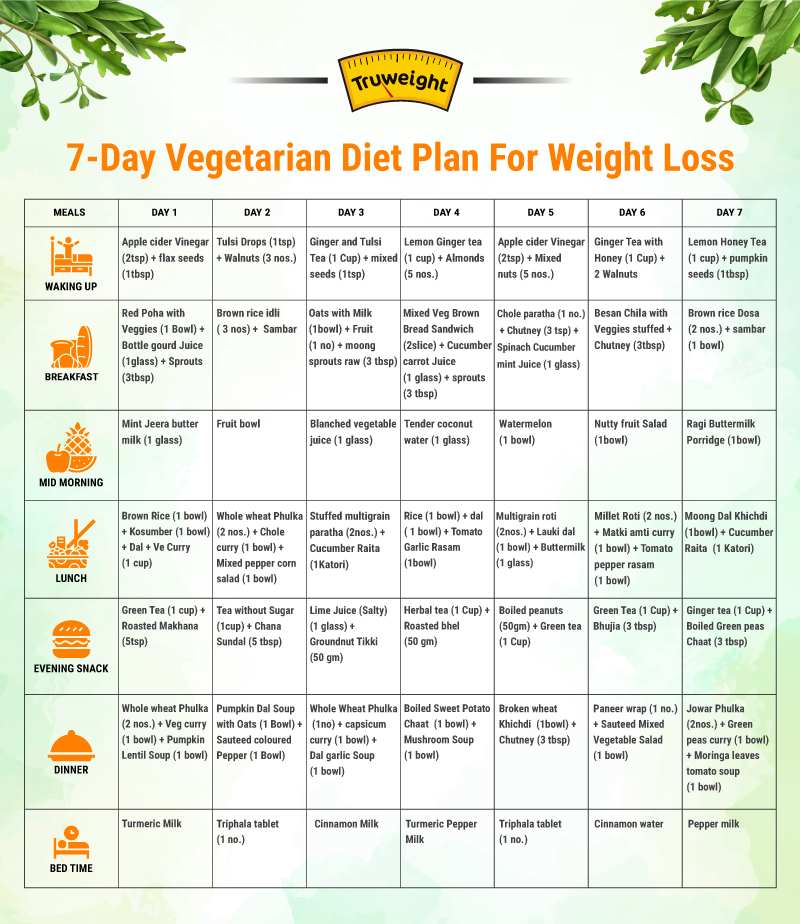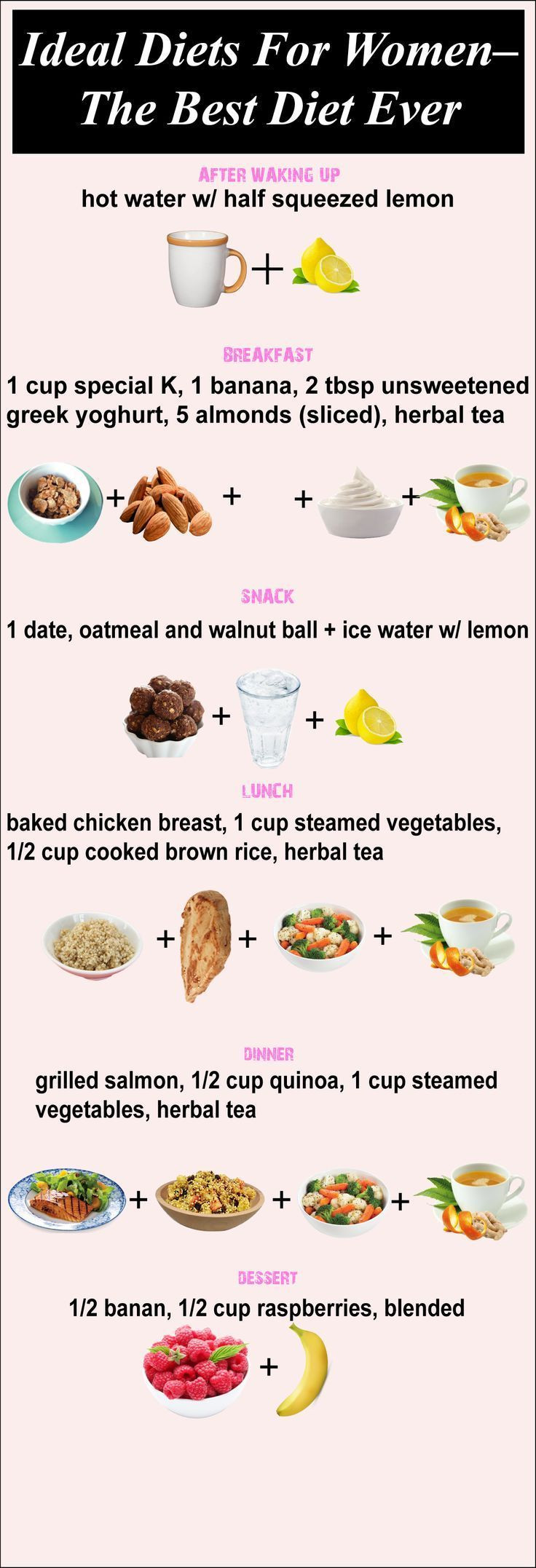Proper Vegetarian Diet Plan For Weight Loss

Vegetarian Diet Plan For Weight Loss
Why Vegetarian Diet Plan?
Vegetarian diet plans are becoming increasingly popular among people who want to lose weight and stay healthy. The main advantage of a vegetarian diet is that it contains fewer calories, saturated fat and cholesterol than a non-vegetarian diet. Additionally, a vegetarian diet includes more fiber and nutrients that are essential for good health. Research also suggests that vegetarian diets can reduce the risk of certain diseases, including heart disease and type 2 diabetes.
For those looking to lose weight, a vegetarian diet can be a highly effective way to do so. Since vegetarian diets are lower in calories and higher in fiber than non-vegetarian diets, it can be easier to achieve and maintain a healthy weight. Additionally, studies have found that vegetarians tend to have lower body mass indexes (BMI) compared to non-vegetarians.
What Should You Eat on a Vegetarian Diet?
A vegetarian diet should include a wide variety of nutrient-dense foods such as fruits, vegetables, legumes, nuts, seeds, whole grains, plant-based proteins, and healthy fats. Eating a variety of foods can help ensure you get the vitamins and minerals your body needs. Some of the best foods to include in a vegetarian diet plan include:
- Fruits and vegetables
- Legumes and beans
- Nuts and seeds
- Whole grains
- Plant-based proteins
- Healthy fats
You should also limit or avoid processed foods and refined sugars. These foods are high in calories and low in nutrients, which can make it difficult to lose weight and stay healthy. Additionally, it’s important to choose organic and non-GMO foods whenever possible.
Sample Vegetarian Diet Plan
Here is an example of a vegetarian diet plan for weight loss:
- Breakfast: Oatmeal with fruit, nuts and seeds.
- Lunch: Salad with beans, vegetables, and olive oil.
- Snack: Fruit and nuts.
- Dinner: Quinoa with roasted vegetables and a side of greens.
It’s important to note that this plan is just an example and that you should consult with a nutritionist to determine the best diet plan for you.
Tips for Following a Vegetarian Diet
Following a vegetarian diet can be challenging, especially if you’re new to it. Here are some tips to help you get started:
- Plan ahead. Planning your meals ahead of time can help you stay on track and make healthier choices.
- Eat a variety of plant-based proteins. Incorporate a variety of plant-based proteins such as beans, tofu, tempeh, seitan, nuts, and seeds into your diet.
- Include healthy fats. Healthy fats such as nuts, seeds, olives, and avocados can help you feel fuller for longer and provide essential nutrients.
- Eat plenty of fiber. Eating plenty of fiber-rich foods such as fruits, vegetables, legumes, and whole grains can help you stay full and promote healthy digestion.
- Drink plenty of water. Drinking plenty of water can help keep you hydrated and promote healthy digestion.
Conclusion
A vegetarian diet can be a healthy and effective way to lose weight. It’s important to focus on nutrient-dense foods and limit processed and refined foods. Additionally, it’s important to plan your meals and include a variety of plant-based proteins, healthy fats, and fiber-rich foods. With a little planning and preparation, a vegetarian diet can be a healthy and effective way to lose weight.
This is the html code of the article.
Vegetarian Diet Plan 2020: Indian Meal Plan by Dr. Shunmukha Priya.S

Low Fat Vegan Diet Plan For Weight Loss – Diet Plan

7-Day Weight Loss Diet Plan For Vegetarians - Healthy eating plan for

7-Day Weight Loss Diet Plan For Vegetarians - Healthy eating plan for

Healthy vegetarian diet plan for weight loss 25 - 7-Day Vegetarian

Easy Vegan Meal Plan For Weight Loss - foodrecipestory

Veg Diet Plan For Fat Loss - Diet Plan
Healthy 7 Day Vegetarian Diet Meal Plan to Lose 10 Pounds Fast - 30 day

Vegetarian Weight Loss Plan - Vegetarian Foody's

15 Our Most Shared Weight Loss Meal Plans for Women Vegetarian - Best
